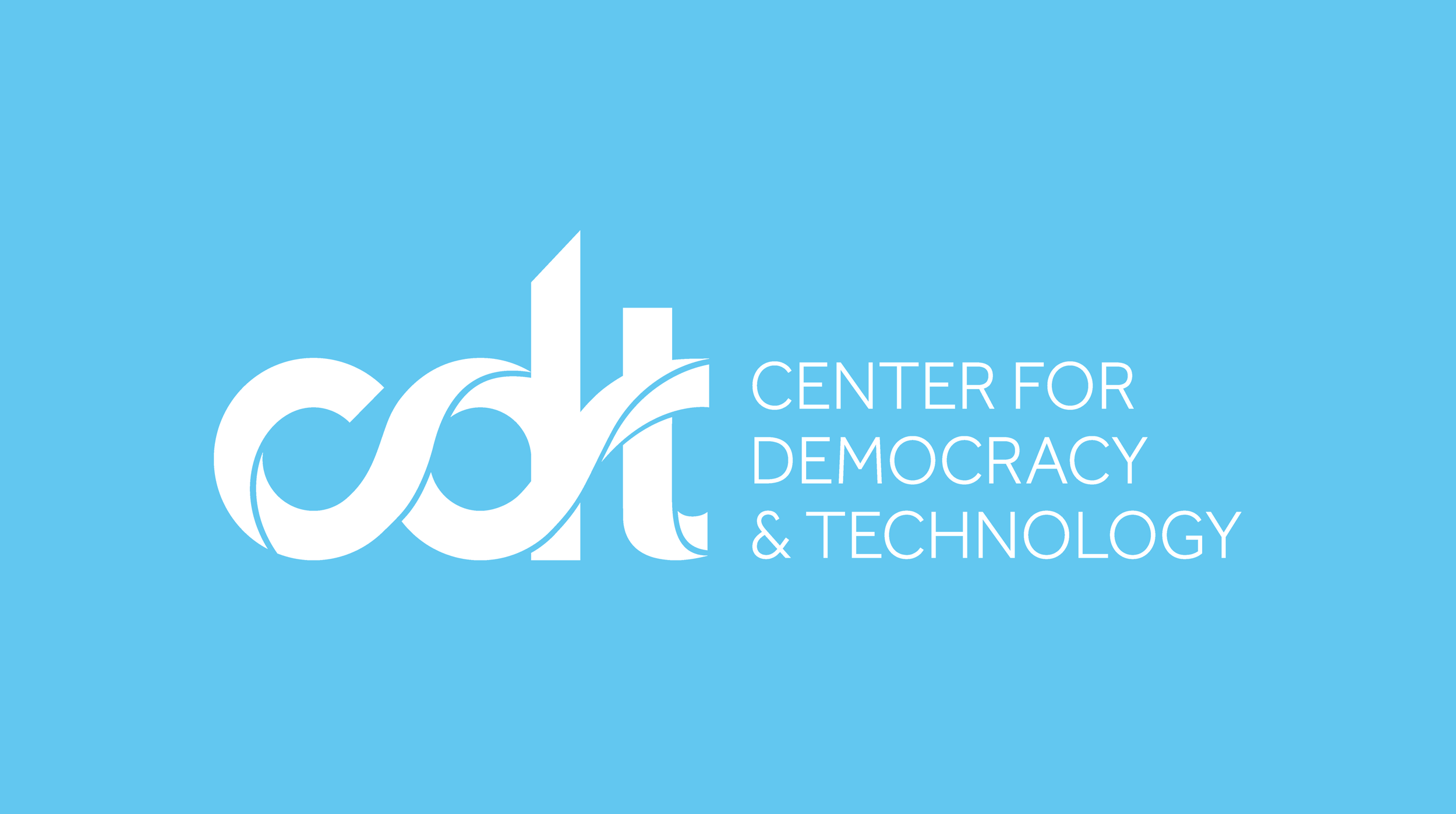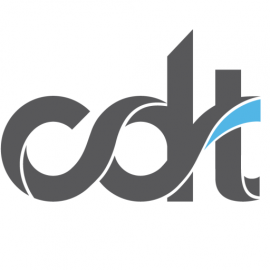GDC and the technical community

Read my latest for the CDT blog on Human Rights in the I-Stars, my presentation to the crowd at Hackers on Planet Earth:

If you received this email or link– please subscribe!
This week's links
- CDT has a new brief on contextual ads https://cdt.org/insights/brief-defining-contextual-advertising
- Compendium of States’ positions on the Cybercrime Treaty https://www.unodc.org/unodc/en/cybercrime/ad_hoc_committee/ahc_reconvened_concluding_session/main
- UN-specialised agency, the Universal Postal Union, releases cybersecurity report including resilience for its .POST TLD https://www.linkedin.com/posts/universal-postal-union_unionpostale-ecommerce-financialservices-activity-7231217595050270721-qHj_
- NIST Announces Post-Quantum Cryptography Standards https://spectrum.ieee.org/post-quantum-cryptography-2668949802
- The Markup covers the surveillance-tech used to monitor the US-Mexico border https://themarkup.org/hello-world/2024/08/10/the-unsettling-nearly-normalized-surveillance-tech-monitoring-the-u-s-mexico-border
- Ethan Zuckerman’s lawsuit gives people— not corporates or countries— control over content (gift link)
- Observer Research Foundation announces a US-India Fellowship with a focus on AI https://orfamerica.org/us-india-ai-fellowship?utm_medium=email&_hsenc=p2ANqtz-8tat1srm21UXAf7q4XVWJkrrrfUVOgU7EWB8yPxrqbz87nVAnNce47AqWFeJdBcqds6FMk4W3uAMw4wDyNzPUxgKM55g&_hsmi=321120848&utm_content=321120848&utm_source=hs_email
- APC is hosting an UNGA-week event on "GDC Civil Society Strategic Discussion Space" in New York on 19 September https://limesurvey.apc.org/index.php/293313?lang=en
- New report: "Towards an AI Act that serves people and society: Strategic actions for civil society and funders on the enforcement of the EU AI Act” https://ecnl.org/news/towards-ai-act-serves-people-and-society
- Join the Google-Jigsaw team to talk about using Outline and Outline SDK, a tool to build your own VPN, on September 12 https://digitalrights.formstack.com/forms/outline_community_hub_kick_off_meetup
The Global Digital Compact negotiations continue in New York. The document is in Revision 3. Today marked another round of stakeholder consultations. Here's what folks are saying:
- Ahead of the Revision 3 public release, APC led civil society in a briefing document about the ways in which the GDC fails to meet key marks in favour of human rights and gender inclusivity https://www.apc.org/node/40255
- I joined an 'Open Letter' with fellow technologists to remind stakeholders that a healthy internet requires distributed governance and that the multistakeholder model is key: https://cdt.org/insights/cdt-cto-mallory-knodel-joins-letter-urging-uns-secretary-general-and-envoy-on-technology-to-uphold-inclusive-model-of-internet-governance/
- The Global Digital Justice Forum published a rejoinder to this 'Open Letter' pronouncing ways in which governments must step up to help govern the internet and that the GDC is the process through which they can: https://globaldigitaljusticeforum.net/rejoinder-to-the-open-letter-by-tech-leaders-and-innovators-to-the-united-nations-on-the-global-digital-compact/
- Another coalition of technical community organizations published a statement expressing concern at the lack of "meaningful involvement of all stakeholders" in the GDC process https://blacknight.blog/voicing-our-concerns-on-the-global-digital-compact-process.html
What seems consistent is the inadequacy of input from non-State stakeholders into the text of the GDC. While the co-facilitators from Rwanda and Sweden, as well as the UN Secretary General's Tech Envoy stewards, have been responsive and provided countless hours for the delivery of speeches, those in civil society as well as the technical community, feel that their views are not being taken on board.
Many Member States align with civil society and the technical community on point of process, human rights and other considerations (see the Freedom Online Coalition statement after Rev. 2). However it seems to be that the major point of contention is whether States should govern the internet in new ways.
It's my view that of course States should engage now more than ever. States have abdicated responsibility for the internet for far too long, allowing Big Tech to consolidate power without regulation, privatizing more and more government services under the auspices of "digitalization", while also failing to take responsibility to extend access across gender and class divides. States are the purveyors of cyber insecurity by hacking one another and hacking journalists and human rights defenders. States shut off the internet during protests. States propose laws that would mandate backdoors to encryption.
However the State-led GDC doesn't take responsibility for these pressing internet governance issues. And it won't reign in Big Tech either. That is, not unless the GDC process leads to a text that reflects the reality of today's internet, from the purview of all stakeholders.
There are many more statements that have been delivered to consultative sessions and published online. If you read another statement about Rev. 3 or a general statement about the GDC overall and you don't see it above, please let me know and I would be happy to include it.
Please forward and share!


Comments ()